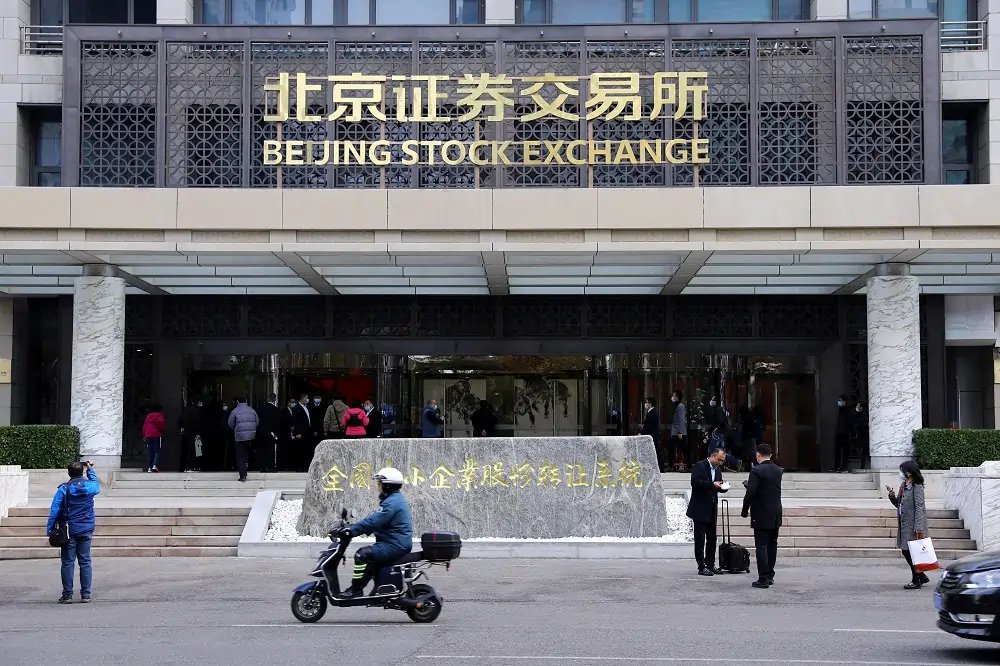Public investors with $4.3 trln are down on China but in on net zero


By Libby George and Bansari Mayur Kamdar
LONDON (Reuters) – Public pension and sovereign wealth funds managing $4.3 trillion in assets are pessimistic about investing in China, but keen to cut net emissions of their portfolios, according to a survey by the Official Monetary and Financial Institutions Forum (OMFIF).
The survey of 22 funds by OMFIF, a think tank for central banking, economic policy and public investment, also showed that 62% of the 50 largest pension funds and nearly half of the largest sovereign wealth funds suffered losses last year amid high inflation and historically rapid global rate hikes.
OMFIF outlined a dark mood among the funds, with more than half expecting a global economic recession in the next 12 months. None reported a positive outlook for China’s economy, citing the regulatory environment and geopolitics among primary factors dissuading them from investing.
The world’s second-largest economy is struggling to boost growth amid a debt-laden real estate sector and consumers who are looking to save more due to the economic uncertainty.
“India is the most attractive emerging market among respondents, while the majority identified regulation and geopolitics as hurdles to investing in China,” authors of the report launched on Thursday found.
The funds remain worried about interest rates, the survey showed, with 63% citing them as the top factor in their investment strategies over the coming decade, double the share from last year’s survey.
“(Investors) are now focused on how to deal with a macroeconomic environment that is stuck in a higher-for-longer interest rate cycle,” the report said.
While 73% of the funds said they have a pledge to achieve net zero emissions in their portfolio by 2050, and more than a third planning to increase their allocation to green bonds and green real assets in the next 12-24 months, any investments still need to make money for the funds.
“We’re looking for deals where there is a meeting of ESG and returns, and we don’t accept lower returns just to comply with ESG targets,” David Morley, managing director and head of Europe at Caisse de Depot et Placement du Québec, said in the survey.
Overall, sovereign funds fared better than their public pension peers, OMFIF added. Aggregate assets under management of the top 50 sovereign funds edged 2.3% higher to $11.6 trillion from $11.3 trillion a year before, helped by outsized gains in Middle East funds as they benefit from the surge in commodity prices.
The UAE’s Abu Dhabi Investment Authority and Saudi Public Investment Corporation grew by 13.8% and 12.9% respectively, gaining over $200 billion between them.
(Reporting By Libby George; Editing by Sharon Singleton)
Sovereign wealth funds are state-owned investment funds or entities that manage a country's reserves, typically investing in a variety of assets to generate returns for the nation.
Inflation is the rate at which the general level of prices for goods and services rises, leading to a decrease in purchasing power.
Green bonds are fixed-income financial instruments used to raise funds for projects that have positive environmental or climate benefits.
Explore more articles in the Top Stories category











